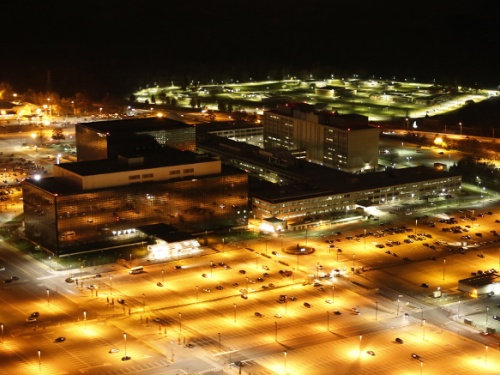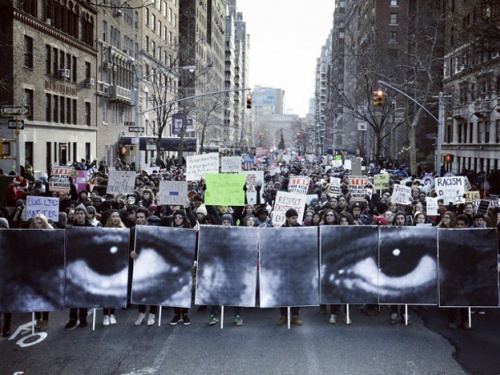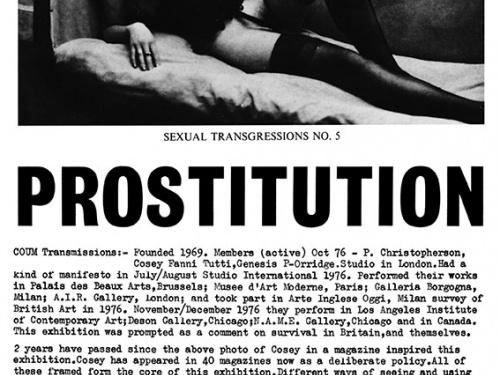Meet The Man Behind The Man
An Interview with Ben Wizner
This weekend the ICA hosts a special screening of CITIZENFOUR followed by a live satellite Q&A with whistleblower Edward Snowden. Ahead of the event, ICA Cinema & Film Programme Manager Nico Marzano discusses the impact of Edward Snowden's revelations on both the public and the man himself with his principle legal advisor, Ben Wizner.
How did you come to be Edward Snowden’s lawyer?
There is a funny story behind this. Ed used to tell me that he knew who I was before I knew who he was. Given that he worked in signals intelligence and I worked for the ACLU (American Civil Liberties Union), this was kind of creepy. But what he meant was that he has been following the ACLU’s efforts to bring surveillance within the rule of law, and that he hoped his disclosures would help us.
The real story is that I’ve known Laura Poitras and Glenn Greenwald for many years, and I knew they were in contact with an anonymous source whom they were traveling to Hong Kong to meet. I actually didn’t learn Ed’s name until the rest of the world did. Some time later, when he was trapped in the Moscow airport for 39 days, Glenn and Laura connected us and advised Ed that the ACLU and I would be the most suitable representatives for him.
Why is Ed the most high profile whistleblower in relation to government surveillance?
Ed was the first NSA whistleblower to come forward with concrete evidence in the form of official government documents. Those documents revealed that the world we were living in was different than the one that had been described to us by government officials. We learned that US government officials had not only concealed critical information from the public, but had affirmatively lied to us under oath.
We learned that US government officials had not only concealed critical information from the public, but had affirmatively lied to us under oath.
Many people believe that mass surveillance by the government is justified as part of counter-terrorism measures that make our society more secure. What is your view on this?
First of all, let’s clarify that Ed is not against surveillance in general. He doesn’t oppose targeted surveillance based on actual evidence and suspicion. What he opposes is the passive collection of information about all of us, what we call "mass surveillance". It’s important to point out that there’s no evidence whatsoever that mass surveillance is an effective counter-terrorism tool. Even leaving aside the values-based reasons for being opposed to it, the fact is that it doesn’t make us safer.
What do you think are the biggest achievements for the public interest produced by Ed's revelations?
The most important accomplishment is the fact that there is now a public global debate about mass surveillance and free societies. Decisions that were being made behind closed doors are now being debated by citizens.
In the US, that debate has led to significant reforms. Prior to the revelations, all three branches of government had approved of the NSA’s surveillance practices. After the revelations, all three branches of government reversed course: the president acknowledged that the the NSA had gone too far; the courts held that some of the NSA's activities were illegal, and Congress – for the first time since the 1970s – acted to rein in, rather than expand, the government’s surveillance authority.
We’ve also seen a major shift in culture in the technology community. Prior to 2013, it was too common for the tech communities to cooperate with the government in secret. Now some of the world’s most profitable companies, like Apple, are openly adverse to government surveillance demands. This is an important development.
Decisions that were being made behind closed doors are now being debated by citizens.
From a legal point of view what are the chances that Ed would face a fair trial if he was to get back to the US? When do you see this happening?
The problem is that Ed is charged under espionage laws that wouldn’t allow him to mount a public interest defense. That is, he would not be allowed to tell the jury about the positive changes that have occurred as a result of the disclosures. The only question at a trial would be the length of his sentence.
We’re working hard for a better outcome. Obviously, we think that the right question is not how Ed should be punished, but how he should be thanked. And we think a presidential pardon would be appropriate – please sign our petition! I’m confident that we’ll achieve a positive outcome for Ed; I just don’t know when or how. ■
This article is posted in: Events, Interviews
Tagged with: Edward Snowden, CITIZENFOUR, Whistleblower, Obama







